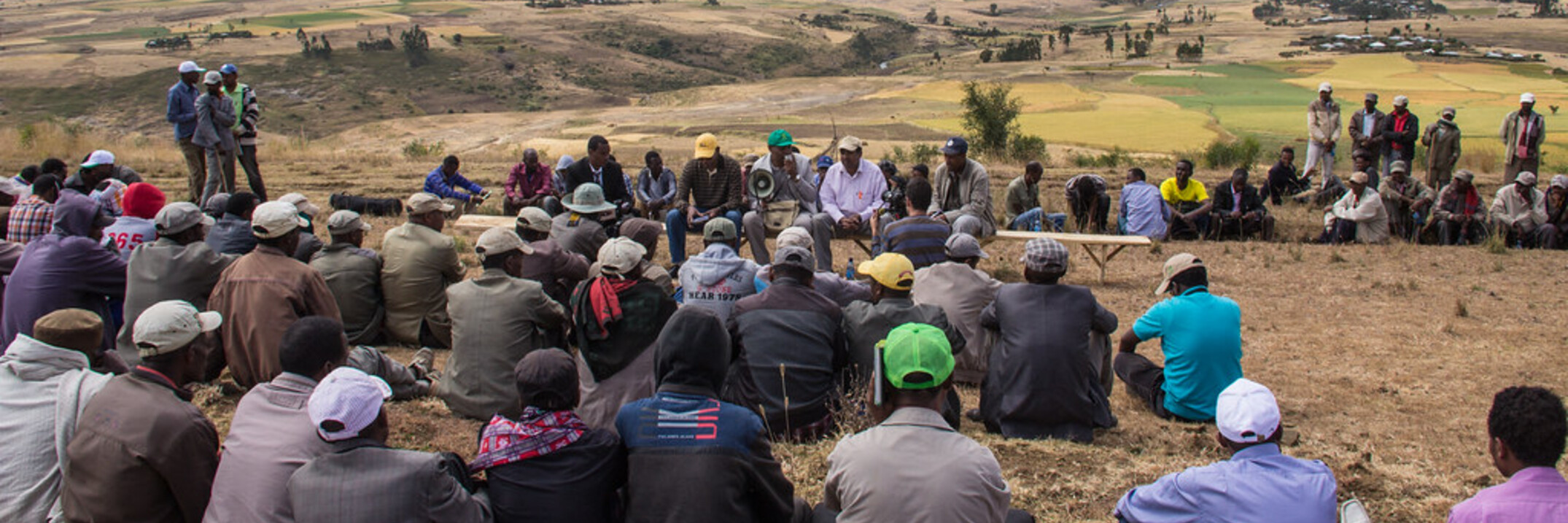This report is a synthesis of concepts, practices and interventions coming from ICARDA’s research with country partners on improving livelihoods, the performance of agricultural production systems and sustainable agriculture in the world’s dry areas...


